Frequently asked questions
Our goal is to liberate people from charity, connecting them to jobs and business opportunities that allow them to provide for themselves. Often, survivors of abuse—whether it’s conflict in rural Africa or human trafficking in the United States—do not have access to the same opportunities that many of us enjoy.
We are their bridge, helping them walk the last mile from poverty and exploitation to self-sufficiency and hope. In specific terms, this can look like:
- Facilitating relationships between rural farmers in Uganda and buyers with access to bigger markets, so farmers can sell more crops for a better price—and earn more to provide for their families.
- Connecting survivors of human trafficking or former foster care children in the US to open jobs with employers who can provide a safe, trauma-informed workplace. This includes taking them for on-site walkthroughs, helping them prepare for interviews, and providing ongoing mentorship as the transition to independence.
The work may look different in each community, but the model is the same: connecting people to opportunity.
We refer to the people we serve as “survivors of abuse” rather than “victims,” because they are more than the worst thing that has ever happened to them. They are overcomers.
Poverty and lack of opportunity are often a result of abuse. Years of war in northern Uganda terrorized many of the families we serve and decimated their communities, depriving them of the ability to provide for themselves—a luxury many of us take for granted.
For survivors of human trafficking, the effects of abuse don’t end once they’re rescued. Many lack the resources or connections to find viable employment—in some cases even basic documentation like a birth certificate or Social Security number—leaving them vulnerable to re-exploitation.
The people we serve have overcome incredible odds just to survive. But we believe they can do more than merely survive. We believe they deserve a chance to flourish.
Many charities do vital work helping survivors survive—that is, providing essentials like food, medicine, or healthcare. This work is desperately needed, but it cannot lift people out of poverty. It is not a long-term solution.
We are different in a couple ways.
- Many charities provide things. We provide connection.
We don’t give out food or water or secondhand clothing. We give survivors the ability to provide what they need for themselves, by connecting them to opportunities they may not be able to reach on their own.
- Many charities offer trainings and certifications. We provide actual jobs.
Skills training is of little value if there isn’t local, sustainable demand for that skill—or if survivors access the opportunities they need to make use of their newfound skills. We bridge the gap, connecting them to real jobs that provide income, and real opportunities to grow their business.
Our work is an outward expression of our Christian faith and our commitment to show compassion to the suffering. However, we embrace the opportunity to work alongside and serve people of different faiths and backgrounds for a shared objective of serving the world.
We work with a number of local, private charities and organizations serving survivors. But we do not work directly with government agencies, nor does Viable receive public funds. We rely entirely on private donations to support our work.

